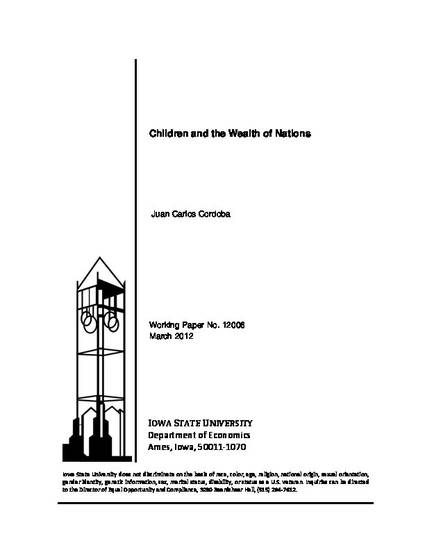
This paper uses calibrated versions of the Barro-Becker model to compute measures of well-being for 142 countries between 1970 and 2005. In the model, individuals are altruistic toward their descendants: they enjoy the well-being of their children. We derive a model based measure of effective "quantity of life," the effective life span of an individual. It depends positively on life expectancy, degree of altruism and number of children, and negatively on the rate of time discounting. Our calculations suggest a major quantity-quantity trade-off: for the period 1970-2005 the gains in quantity of life due to longevity improvements were mostly offset or overcome by the losses due to fertility reductions. Depending on the precise calibration, the effective quantity of life either remained roughly constant or fell substantially around the world. For many countries the effective growth rate of well-being, one that takes into account the quantity and quality of life, is significantly below the growth rate of per-capita GDP. Our findings challenge the wide-spread belief that development through fertility reductions is a free lunch.
Available at: http://works.bepress.com/juancarlos-cordoba/8/
